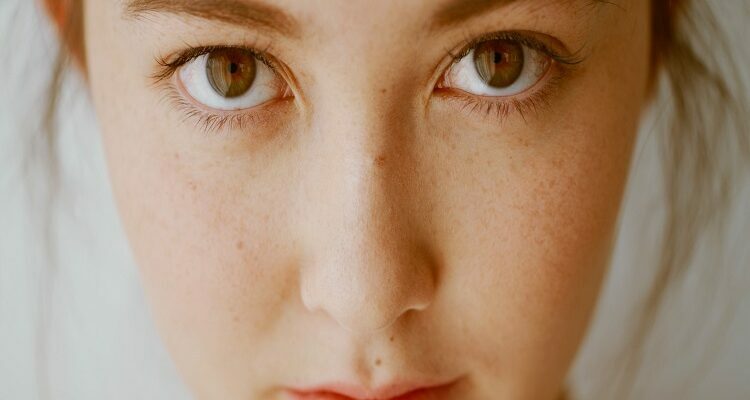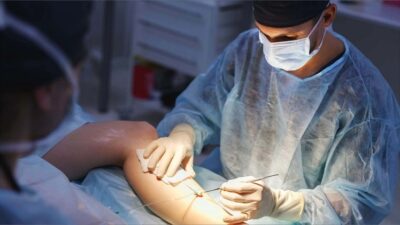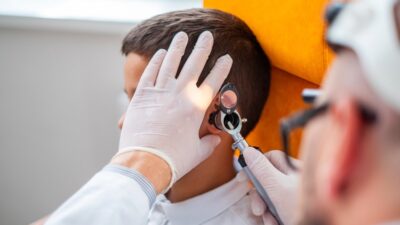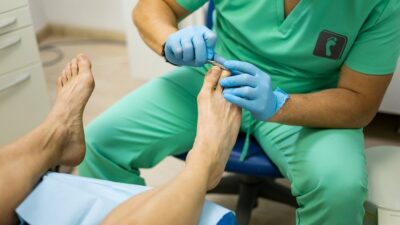Acne is a common skin condition when hair follicles become clogged with oil and dead skin cells. It can appear as whiteheads, blackheads, pimples, or deep, painful cysts. Acne typically occurs during puberty, when the body produces higher levels of hormones that can increase oil production. However, it can also affect adults and is more common in women than men. Dr. Michael Paltiel can help diagnose acne and establish the most effective treatment option.
Table of Contents
Acne evaluation and diagnosis
When evaluating and diagnosing acne, a healthcare professional will typically examine the skin to determine the severity and type of acne. They may ask questions about your medical history and lifestyle factors, such as your diet and skincare routine, to understand better what may be causing or exacerbating your acne.
Some of the factors that a healthcare professional may consider when evaluating acne include the following:
- Type of lesions: Acne lesions can be classified as non-inflammatory (blackheads and whiteheads) or inflammatory (papules, pustules, nodules, and cysts).
- Distribution and location of lesions: The location of the acne can provide clues about what might be causing it. For example, lower face and jawline acne may be related to hormonal imbalances.
- Severity: The severity of acne can be assessed based on the number and types of lesions present. Mild acne may have a few whiteheads and blackheads, while severe acne may have many papules, pustules, nodules, and cysts.
Once a healthcare professional has evaluated the acne, they can make a diagnosis and recommend a treatment plan. Maintaining an acne skin care routine is advisable to help manage and prevent acne breakouts. By keeping the skin clean, hydrated, and free of excess oil and impurities, you can help reduce acne and improve your skin’s overall health and appearance.
Consistency is key when it comes to an acne skin care routine. By following a routine every day, you can help keep your skin in good condition and prevent acne from worsening.
Acne treatment options
Here are some explanations of acne treatment options that may not be as well-known:
- Diet Changes: While it is not always clear how much diet impacts acne, some studies suggest that eating a healthy, balanced diet that is low in sugar and processed foods may help improve skin health and reduce the occurrence of acne.
- Stress Reduction: Stress has been linked to acne breakouts, so finding ways to manage stress, such as through meditation, exercise, or counseling, may help improve acne symptoms.
- Sleep: Getting enough sleep is recommended for overall health and may also help improve skin health and reduce acne. Lack of sleep can increase stress and inflammation, exacerbating acne symptoms.
- Sunscreen: While sunscreen is often recommended for protecting the skin from harmful UV rays, it can also help improve acne symptoms. Sun exposure can lead to increased inflammation and worsening of acne, so using a non-comedogenic sunscreen may help reduce breakouts.
- Probiotics: Some evidence suggests that probiotics, which are beneficial bacteria that live in the gut, may help improve skin health and reduce acne. Probiotics can be found in certain foods, such as yogurt, kefir, or supplement.
If you are struggling with acne, you should speak with your dermatologist at Adult and Pediatric Dermatology.










Comments